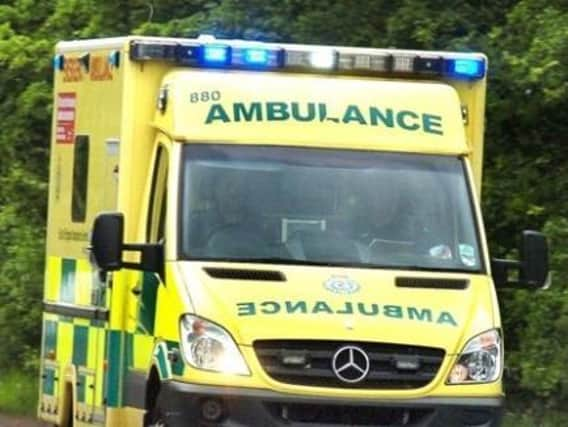‘Keep A&E free at Easter’ plea


Over 10,000 patients a month come to the Trust’s two Emergency Departments at the Conquest Hospital and Eastbourne’s DGH, some of those with complaints that should be treated by another part of the health service.
The most common reasons in addition to minor illness, are bites and stings, dental problems and back pain, which can all be treated by alternative services.
Advertisement
Hide AdAdvertisement
Hide AdAmy Collis, head of nursing for urgent care, said: “It’s really important, especially over Easter weekend, that local people help us to keep Emergency Department free for those people who require emergency treatment.
“Call NHS 111 first or go to 111.nhs.uk if you have an urgent medical problem. Our Emergency Department doctors and nurses will continue to prioritise those patients who urgently require our help and work with those patients who come to the department with minor illnesses to find the most appropriate service.”
Anyone with an urgent medial problem who is unsure what to do should call NHS 111 first or visit 111.nhs.uk.
Depending on the situation 111 will:
• Find out what local service can help them
• Connect them to a nurse, emergency dentist, pharmacist or GP
• Get them a face-to-face appointment if they need one
Advertisement
Hide AdAdvertisement
Hide Ad• Give them an arrival time if they need to go to A&E – this might mean spending less time in A&E
• Tell them how to get any medicine they need
• Give them self-care advice
It is vital that patients remember Emergency Departments (A&E) are for serious or life-threatening situations, including:
• Severe chest pain
• Suspected heart attack or stroke
• Suspected meningitis
• Injuries such as fractures or major burns
• Breathing difficulties
• Unconsciousness
• Heavy or uncontrolled bleeding
• Suspected drug overdose
• Sudden and severe headaches
• Severe head injuries.